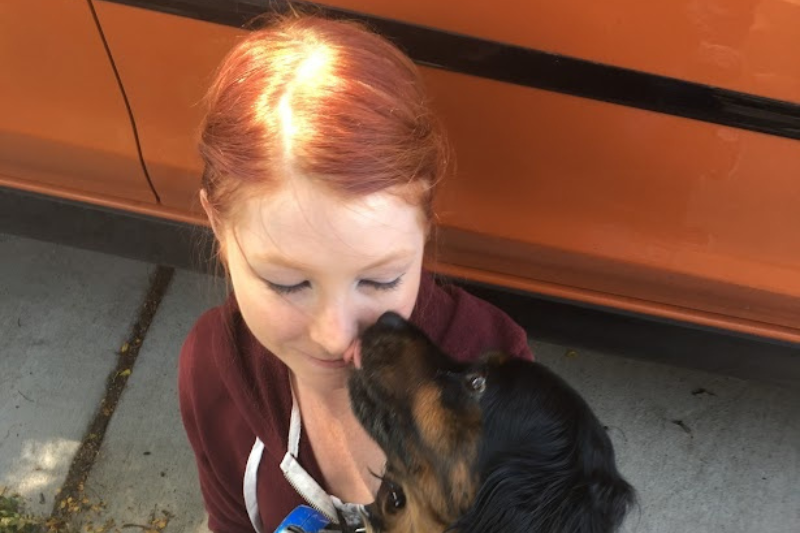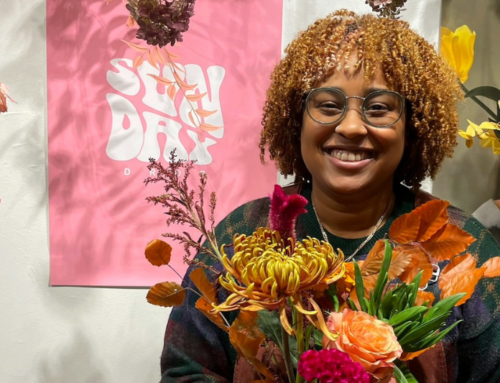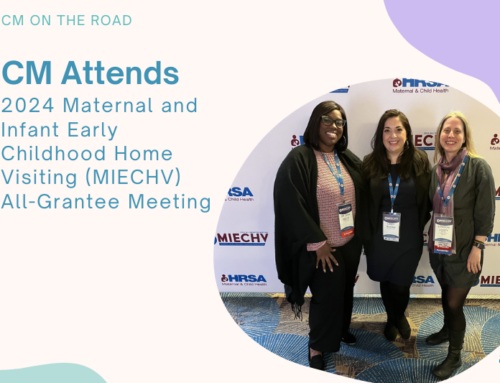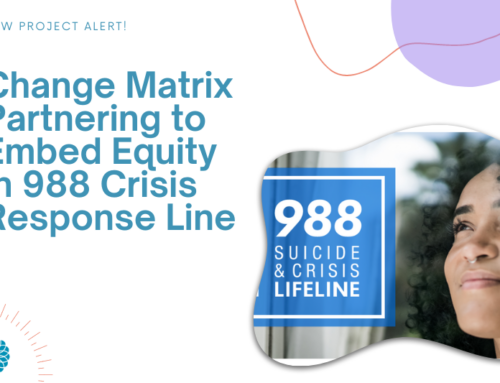While Change Consultant and Project Associate Reiki Anderson only joined Change Matrix (CM) full-time in March, she has already been steeped in this work. Reiki came to CM as an intern for the National Network to Eliminate Disparities in Behavioral Health (NNED), supporting the team with resource curation and newsletter development. As a full-time team member, she now lends her research skills to support to Expanding the Bench® (ETB) and the Colorado Equity Compass (CEC) in addition to the NNED. Reiki took a moment to talk about what brought her to equity work and what excites her about CM.
What drew you to CM?
It felt serendipitous to come across Change Matrix as an organization. On my end, I set the intention of working with a company or organization that was invested in working toward humanizing changes and creating visibility for underrepresented communities. CM spoke to me upon learning that it is a minority and women owned consultation organization. Equally so, the fact that this organization incorporates the lived experiences of communities alongside that of their employees had this unfluctuating hold on me. For a company that acts as a facilitator and consociates with non-profit and foundation leaders working to improve their equity services and programs, uplifting the importance of lived experience feels essential. Incorporating lived experience may sound a little like “no duh,” but it felt revolutionary to me in comparison to my previous work experiences.
What is your role at CM?
I am a Change Consultant and Project Associate that will be working on the National Network to Eliminate Disparities, Expanding the Bench®, and Colorado Equity Compass!
Which project or assignment are you most excited about?
Honestly, this is a difficult question for me to answer as each project is unique and interconnects with one another. As an intern transitioning to a full-time position with Change Matrix, I am honored to be doing work on the NNED as researcher and curator. Having been doing this since last August, I have learned so much about mental health across the board. For instance, U.S. territories don’t receive the same resources for mental health services as local counties or states do. The way resources are dispersed and distributed does not always reflect the needs of the communities that need them most, nor are they always tailored in a cultural manner.
That leads me to ETB. Before having come to Change Matrix, I knew little about the field of evaluation, which really does a disservice to the importance of evaluators and the entirety of their work. This project prioritizes the voices of people who have been undermined or undervalued in the evaluation field, and this is important when talking about equity. Equity doesn’t exist without the people who have experienced the unacknowledged caste system we have in the U.S. Being able to contribute to this project and assist people evaluating programs, helping communities access opportunities and services that reflect their culture, is important for influencing the humanizing changes people doing this work and people on this team want to see.
Lastly, CEC means a lot to me as someone living in the beautiful state of Colorado. On a personal note, I have encountered the social determinants of health (SDOHs), and simply put, it’s frustrating. Additionally, I have met many people who have struggled to grow outside the confines of the SDOHs. Like the NNED and ETB, CEC is focused on equity, so I’m excited to see how it evolves.
Why did you choose equity work?
Equity work chose me, really. I would say that various life experiences have lived through me and taught me about the severity of the issues our world is currently facing. Equity is different for every body and everybody (nice play on words there!). I’ll elaborate on that by saying that everyone has different needs regarding their physical, environmental, social, and mental bodies. We can’t use the “one size fits all” approach because, simply put, it’s ineffective and negates the lived experiences of individuals and communities.
I will say that my upbringing taught me a lot about disparity, the realities of housing/food insecurity, the unequal distribution of wealth and power, and about the services (or lack thereof) available to people trying to survive and make a living as best they can. I also carry with me my experiences of the military. Within the military there are issues with abuses of power, how mental health issues are treated, and the lack of resolve with sexual harassment and assaults. We had to have conversations as a unit about suicides that took place on base, or on neighboring bases. Several members of the military are struggling with their mental health, but I noticed that their struggles are often unacknowledged and unaddressed. During my service there was a program called SHARP which stands for Sexual Harassment/Assault Response Prevention, that was done as a presentation quite often. Personally, I never felt that the efficacy of this program resonated in a positive light and was a bandaid that did little to address problematic attitudes, behaviors, and culture on base.
I feel very fortunate to be working with this team, and my hope in doing equity work is that the barriers that exist today crumble with time.




